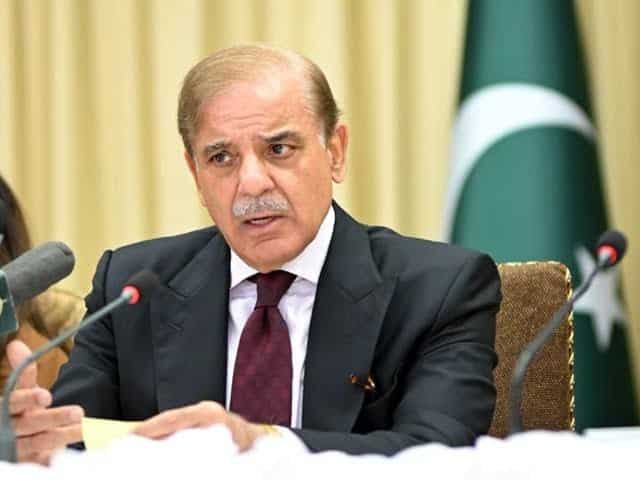The Power Division has unveiled the “Bijli Sahulat” power relief scheme, a winter package aimed at lowering electricity rates for domestic, commercial, and industrial consumers across Pakistan. Set to take effect from December 2024 through February 2025, the package is designed to incentivize electricity use during the low-demand winter season and to support economic growth in the country.
Under the new package, consumers will benefit from a flat rate of Rs26.07 per unit for any electricity use exceeding their average consumption, allowing households, businesses, and industries to save significantly on their electricity bills. According to a statement from the Power Division, this reduction in rates will only apply to units above 25 percent of the historical average. Any additional consumption beyond this benchmark will be billed at existing government rates.
The scheme follows an announcement from the National Electric Power Regulatory Authority (NEPRA), which recently approved a decrease of Rs1.28 per unit in electricity charges due to fuel price adjustments from September. Earlier, however, NEPRA had approved a temporary Rs1.743 per unit increase for September to November to support the country’s ex-WAPDA distribution companies with an additional Rs43.23 billion.
The Power Division noted that industries with higher electricity consumption beyond their average use will receive discounts of 18-37 percent on the current rates, adding that the initiative would bolster economic growth through increased industrial and commercial activity. The relief package, it said, aims to support households as well by providing them with lower rates for winter heating and other energy needs, which typically rely on gas.
Power Minister Awais Khan Leghari emphasized the scheme’s potential benefits, calling it a “special discount on the use of excess electricity” in a message posted on X (formerly Twitter). He described the package as an “important initiative” by the Government of Pakistan, stating that it is expected not only to lower electricity costs for users but also to stimulate economic activity.
Prime Minister’s Endorsement and Anticipated Impact
Prime Minister Shehbaz Sharif formally announced the Bijli Sahulat package during an Iqbal Day event held at the PM House in Islamabad, describing it as an economic boost. He explained that for the three-month period from December 2024 to February 2025, discounts would be reflected in the bills of consumers who use additional units beyond their average.
“This relief package provides an opportunity for households, industries, and commercial enterprises to save on electricity, helping our economy grow stronger,” said the prime minister. For households, there will be savings of Rs11.42 to Rs26 per unit, depending on usage brackets. Meanwhile, industries can expect reduced costs, with potential savings ranging from Rs5.72 to Rs15 per unit. Commercial consumers are also expected to benefit from savings of Rs13.40 to Rs22 per unit, with additional discounts of Rs34 to Rs47 for incremental usage.
Highlighting the impact on industries, Prime Minister Shehbaz underscored that reduced rates would ensure smoother business operations and an overall economic boost. “Industries can expect to save 18-37 percent on current rates, making it feasible to keep their operations running at full capacity,” he said.
The government’s aim, according to the Power Division, is to create a positive shift in the country’s economic landscape through sustained industrial and commercial activity, especially as the winter months typically see a dip in electricity demand. This proactive approach is intended to address power-related challenges in Pakistan’s debt-laden economy, which is already facing rising costs and growing discontent among the population.
The Power Division also announced plans to roll out additional initiatives to maximize electricity use in a way that complements Pakistan’s economic ambitions.


